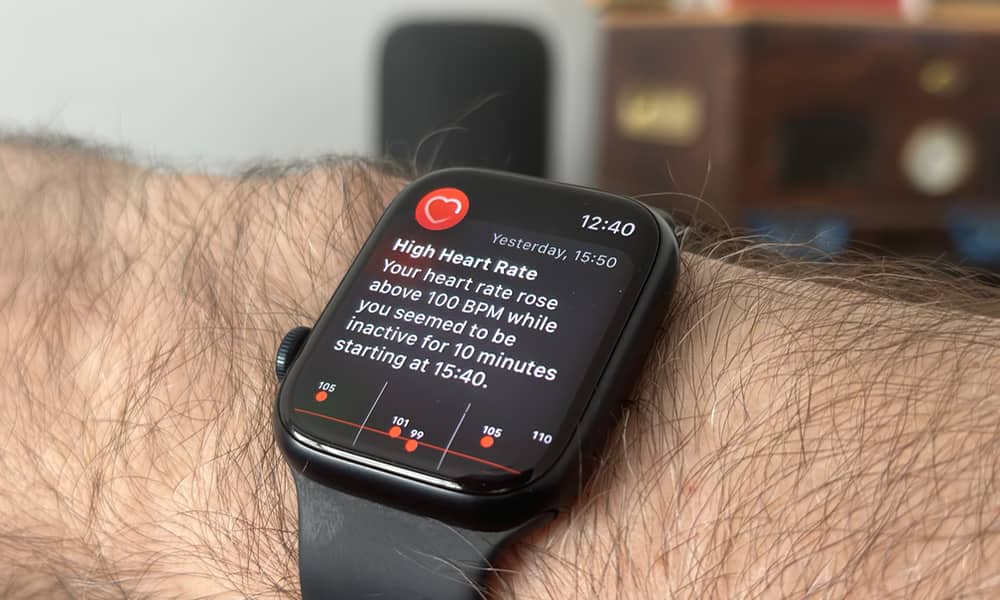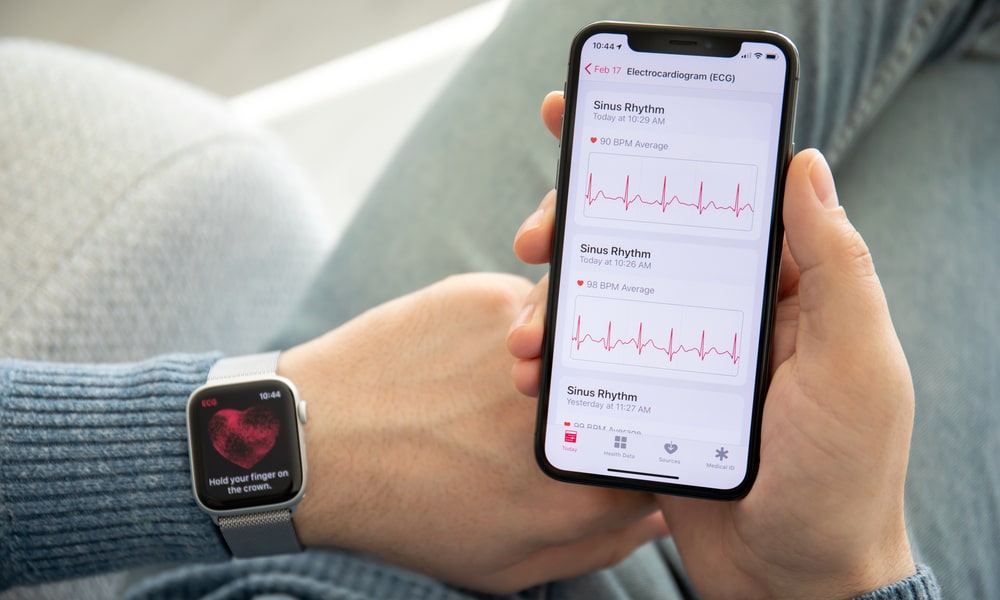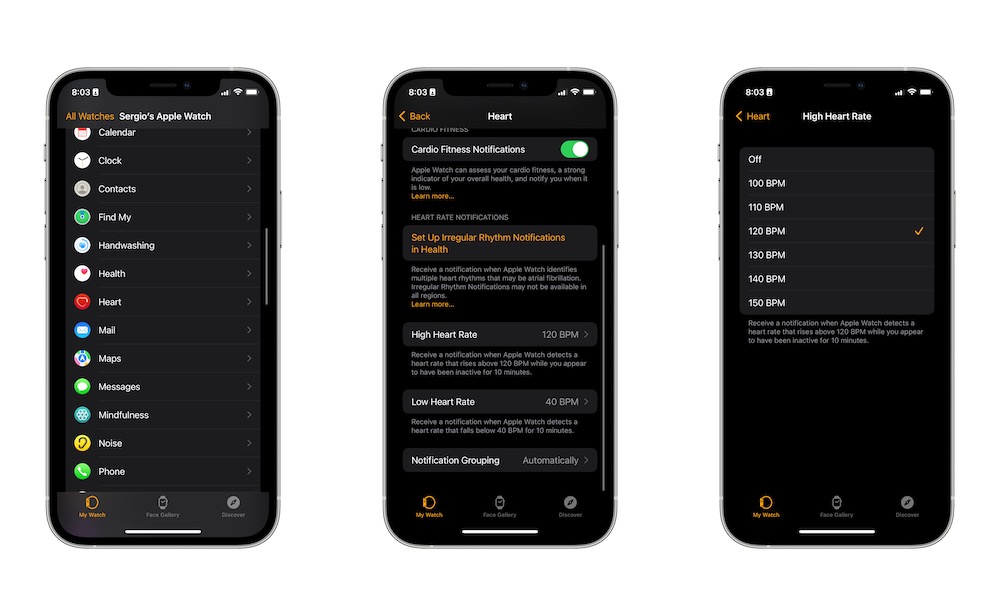Apple Watch Saves Redditor’s Life after Detecting Severe Internal Bleeding and More than 10 Ulcers
 Credit: Jesse Hollington / iDrop News
Credit: Jesse Hollington / iDrop News
Toggle Dark Mode
There’s little doubt the Apple Watch is great for everything from getting notifications on your wrist to improving your everyday health and fitness. However, many of the best aspects of the Apple Watch are its safety features that most folks hope they’ll never need to use.
The wearable has been saving lives since the first model was released in 2015, and Apple has been steadily improving the device’s safety features with nearly every model released since. The device’s heart rate sensors can now detect potential conditions such as atrial fibrillation, myocardial ischemia, ventricular bigeminy, and supraventricular tachycardia, and have even alerted wearers to signs of blood clots, erupted ulcers, and kidney failure.
In recent years, Apple has also added other important safety features such as Fall Detection and Emergency SOS features that can alert first responders even when the wearer is unconscious and summon help in dangerous situations.
However, in the early days, it was the Apple Watch heart-rate alerts that saved the life of a high school football player, and they continue to be one of the most important benefits of wearing an Apple Watch, alerting folks to potentially life-threatening conditions that may have otherwise gone unnoticed.
‘My Apple Watch 7 Just Saved My Life’
Recently, a Reddit user by the name of digitalmofo shared their Apple Watch lifesaving experience, crediting an Apple Watch Series 7 for catching a problem that could have turned out to be fatal had the person not taken the high heart-rate alerts seriously.
According to the post, the owner of the Apple Watch was feeling tired during their lunch break and decided to take a short nap. Other than that, nothing seemed to be wrong, but when they awoke, they found at least ten notifications on the Apple Watch showing that their “pulse was racing.”
Their initial response was to call off work for the rest of the day and try to relax, but the notifications kept coming in, so they scheduled a video conference with their doctor. After asking for additional details on the timing, pulse rates, and the blood oxygen sensor, the doctor deemed it necessary to call 911 on the user’s behalf.
While the paramedics initially diagnosed the condition as a heart attack, the doctors discovered severe internal gastrointestinal bleeding when digitalmofo arrived at the hospital. Medical staff noted that hemoglobin levels were down to 3 g/dL — significantly below the expected level of 15 g/dL.
So bless the Nurses, Drs, the people who gave blood and everybody who helped work on me, but I’d have just passed out and died without ever knowing if not for my apple watch.digitalmofo, Reddit
The Redditor received a transfusion, requiring over five pints of blood, and added that doctors informed them that had they waited any longer, they wouldn’t have likely survived. The final diagnosis as “severe esophagitis, moderate severe gastritis, moderate severe duodenitis, hiatal hernia. More than ten ulcers all the way down.”
The person had encountered some prior issues over the course of several years but had “never connected the dots” — they assumed they were “just lazy and out of shape” until the Apple Watch sounded the alarm.
Apple Watch Heart Rate Notifications
Apple Watch high heart rate notifications, which typically signal Tachycardia, usually pop up when the wearer’s heart rate inexplicably exceeds a set threshold. By default, that’s 100 beats per minute (BPM), but you can adjust that as high as 150 BPM in your Apple Watch settings.
These notifications aren’t typically triggered during activities when a higher heart rate is expected, such as workouts or even just a brisk walk. However, it’s unusual to have an increased heart rate when you’re simply sitting on the couch. While infrequent notifications aren’t always a cause for concern — excessive caffeine, alcohol, or even digesting a big meal can elevate your heart rate as your body does more work — frequent or recurring notifications should encourage you to seek medical attention, especially if there’s no apparent reason for them.
On the flip side, it’s also important that you don’t assume everything is okay just because your Apple Watch isn’t alerting you to a problem. The Apple Watch is great, but it’s not foolproof, so don’t let it lull you into a false sense of security. If you’re not feeling well, you should always seek medical advice regardless of what your Apple Watch is or isn’t telling you.









